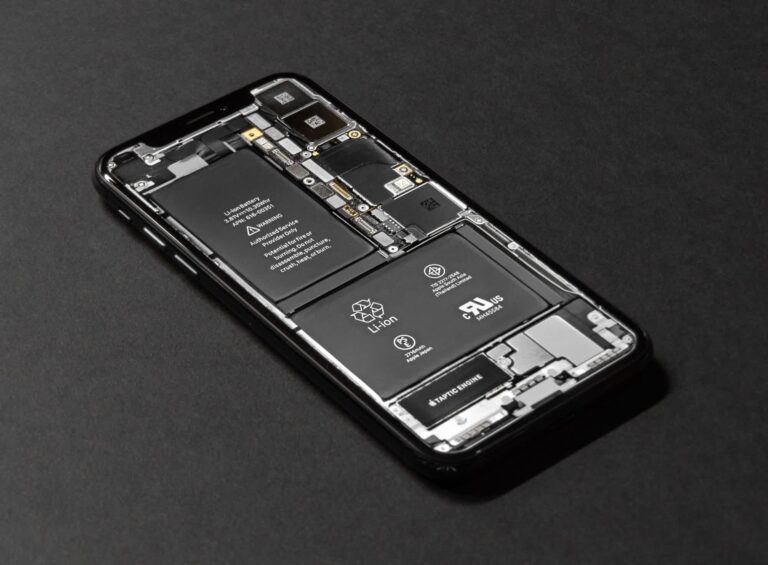
[ad_1]
In a nutshell: The European Union is on track to mandate that all smartphones sold in the country feature batteries that can be removed and replaced without any special tools or knowledge. Predictably, not everyone is happy with the course change and at least one major mobile player could be looking for a workaround.
In an interview with Orbit about sustainability, John Ternus, senior VP of hardware engineering at Apple, said they want to focus on making sure customers have easy access to repair the things that are most likely to require repair.
“There sometimes can be a bit of conflict between the durability and the repairability,” Ternus noted, seemingly hinting at the EU mandate. He said you can sometimes make an internal component (like a battery) more repairable by having it discrete and removable, but that inherently adds a potential failure point to the overall product.
Using a data-driven approach, Ternus said, Apple can better understand what parts of a phone need to be repaired and which ones are better to make so robust that they never need to be repaired. “It’s always kind of a balance,” he added.
While some might not want to hear it, Ternus has a point. While an iPhone with a removable battery would be convenient, it likely wouldn’t be as water resistant as a fully sealed model.
Talk of a removable battery mandate for smartphones sold in the EU date back to early 2020, meaning Apple and others have had a few years now to try and come up with a response. The changes won’t go into effect until 2027, so there are a few more years still to innovate.
A more immediate change for the iPhone is expected by the end of next year. That’s when a separate EU mandate requiring all phones to feature USB-C connectivity will be applied, and Apple has already admitted that its iPhone will abandon the proprietary Lightning connector.
This year’s iPhone 15 is expected to usher in USB-C connectivity as well as a host of other new features including a redesigned bezel, faster processors, stacked battery technology, and a significant camera upgrade. A price hike could also accompany Pro models, we’ve heard.
Image credit: Tyler Lastovich
[ad_2]